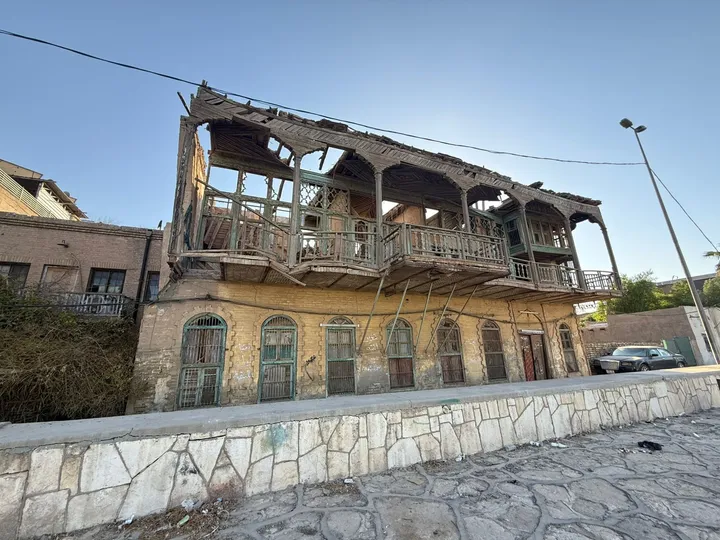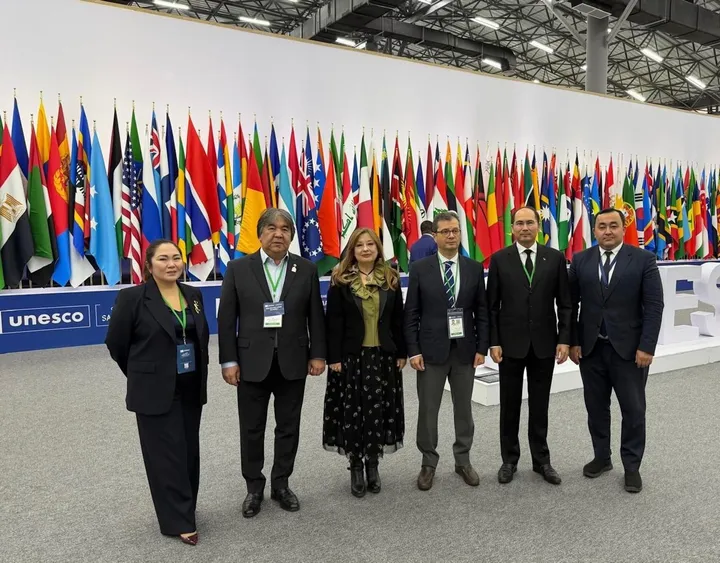The murder of ex-Russian agent Alexander Litvinenko has been transformed into an opera, its composer arguing that the story had all the classic ingredients of the medium.
"It has power, politics, betrayal, love, jeopardy," said Anthony Bolton, who spent three years crafting his new work, "The Life and Death of Alexander Litvinenko".
Bolton said he became engrossed in the story after reading a biography of the prominent Kremlin critic.
"When I put it down, I thought, 'gosh – this has to be an opera'," he said at Monday's press launch in London.
Set in Russia and Britain, the opera uses a full chorus and a 52-piece orchestra, and features flashbacks, flash-forwards and audio-visual footage. The piece is in two acts, each an hour long.
Litvinenko was a former agent with Russia's FSB security service. He fled in 1999, after revealing an alleged plot by the agency to kill tycoon Boris Berezovsky, a supporter-turned-foe of President Vladimir Putin.
Litvinenko was granted asylum in Britain, but he died of radiation poisoning in 2006 aged 43, three weeks after drinking tea laced with radioactive polonium at an upmarket London hotel.
Emotional strain: widow
A British inquiry said later that Putin has "probably approved" the killing.
The inquiry said that Andrei Lugovoi and Dmitri Kovtun, two Russians identified as prime suspects by British police, likely carried out the poisoning on the instructions of the Russian security services.
Litvinenko's widow Marina, who fought a long battle to secure the inquiry, said she had wept after seeing the opera being rehearsed for the first time.
Speaking at the press launch, she told journalists: "There is no justice for Sascha yet," using the Russian diminutive for Alexander.
"These people are still in Russia. I do this for the memory of my husband."
Litvinenko described the strain of balancing her campaign for justice while bringing up their son, who was 12 at the time.
"Emotionally, it takes a lot," she said, adding that her son, now 25, had just started his first "proper job".
Despite the difficulties, she said she remained "absolutely" optimistic that those behind the death of her husband will face trial.
Opera is an art form that resonates in Russia, she added, and she expected state officials would attend to see what it contained.
Football chants and Tchaikovsky
Composer Bolton wove in elements from Russian composers Sergei Rachmaninoff, Dmitri Shostakovich and Pyotr Tchaikovsky, a Russian football chant, an army marching song and the Chechen anthem.
Former investment fund manager Bolton said he had taken very little artistic licence with events, saying it was more a case of deciding which elements to leave out.
"I hope I've written something that might have longevity and keep the story alive in the long run. That's one of the things opera can do," he told AFP.
The opera will be staged on July 16 and July 18 at the Grange Park Opera Surrey in West Horsley, southwest of London. The 700-seater five-storey opera house is modelled on La Scala in Milan.
























